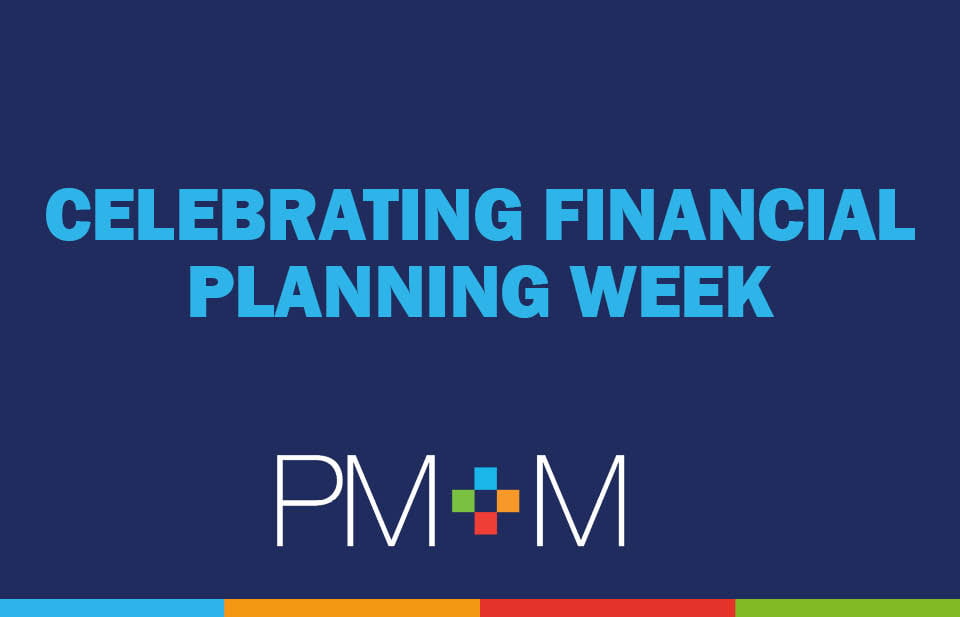As part of Financial Planning Week 2024, we take a closer look at the PM+M financial planning team and the types of things they can provide advice on.
Our financial planning team are here to help you make the most of your money. Headed up by partners, Antony Keen and James McIntyre, the team also consists of a director, three further financial advisers and a wider support team.
The team works collaboratively with our specialists across the firm within our tax, corporate finance, accountancy and payroll functions to help you and your family plan for the future in a way that best suits you. No matter what your requirements are, our expert team will work closely with you to provide a tailored solution that not only enhances your financial position but provides peace of mind that your hard-earned money is achieving more in every way possible.
Areas of expertise which the team would typically provide advice on include pensions, investments, tax and estate planning, lifetime cashflow planning, financial protection (life cover and illness cover) and services to court of protection clients.
Some of the common questions our clients typically ask regarding their finances include:
- I would like to retire at a certain age, how do I ensure I’m in a financial situation to achieve this?
- Am I on track financially for my retirement?
- Will my family and/or businesses be ok if I die or become ill?
- Are my investments and pension investments appropriate in this economic climate?
- How can I plan to minimise the Inheritance Tax I pay?
- How much do I need to sell my business for and retire comfortably?
Once we have spent time getting to know our clients and understanding their needs and objectives, we can then test different scenarios using our cashflow forecast software to understand the best plan of action for the individual circumstances and objectives.
The relationships we build with our clients are paramount and we are always here to provide ongoing support and advice as plans can often change during the journey of life.
Looking after over 300 million pounds worth of assets for our clients, you can be sure our financial planning team is perfectly placed to offer the best advice on looking after and getting the most from your assets. For further information or advice, contact a member of the financial planning team today by emailing enquiries@pmm.co.uk or calling 01254 679131.





